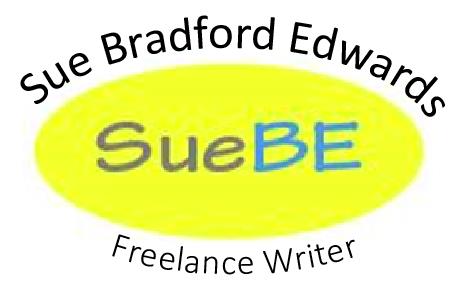 One of the things that I discuss with my students is how to choose sources. Ultimately, you want to base your writing on the most accurate material possible. That’s obvious. But how do you make sure your sources are accurate?
One of the things that I discuss with my students is how to choose sources. Ultimately, you want to base your writing on the most accurate material possible. That’s obvious. But how do you make sure your sources are accurate?
Ultimately, I save and request just about everything that I find with a few limitations. Mainstream publishers are in. University presses are also in. I also save and request things that I’m not sure about and then give them a look when they come in. Some sources are just out because I’ve learned not to trust their accuracy. FOX News? Out.
When I have a stack of material, I start reading. Sometimes this stack is literal, such as the library books that I picked up Tuesday. Sometimes it is figurative. A lot of my research comes from the periodical database at my library. I save these articles as PDFs so that particular stack is only figurative. But once I’ve found a “stack,” I start reading.
As I read, I weed things out. Sometimes it is simply because the piece is dated. The theory behind a piece on racial bias in education may be sound but if all of the statistical evidence is from the 90s, I need to find a newer source.
Other times I start reading and note a lot of inflamatory language. I know for a fact that it is really hard to write about things that are personal — racism, sexism, assault. But if a writer demonizes one group or another, I put the piece aside. My editors don’t trust it if I “preach” and I don’t trust sources that attempt to do the same. You can still present damning evidence to support an arguement and I have a collection of sources here that prove that point very well.
So, if you’ll excuse me I should get on with my research. I hope these tips help you compile the information for your next project.
–SueBE
